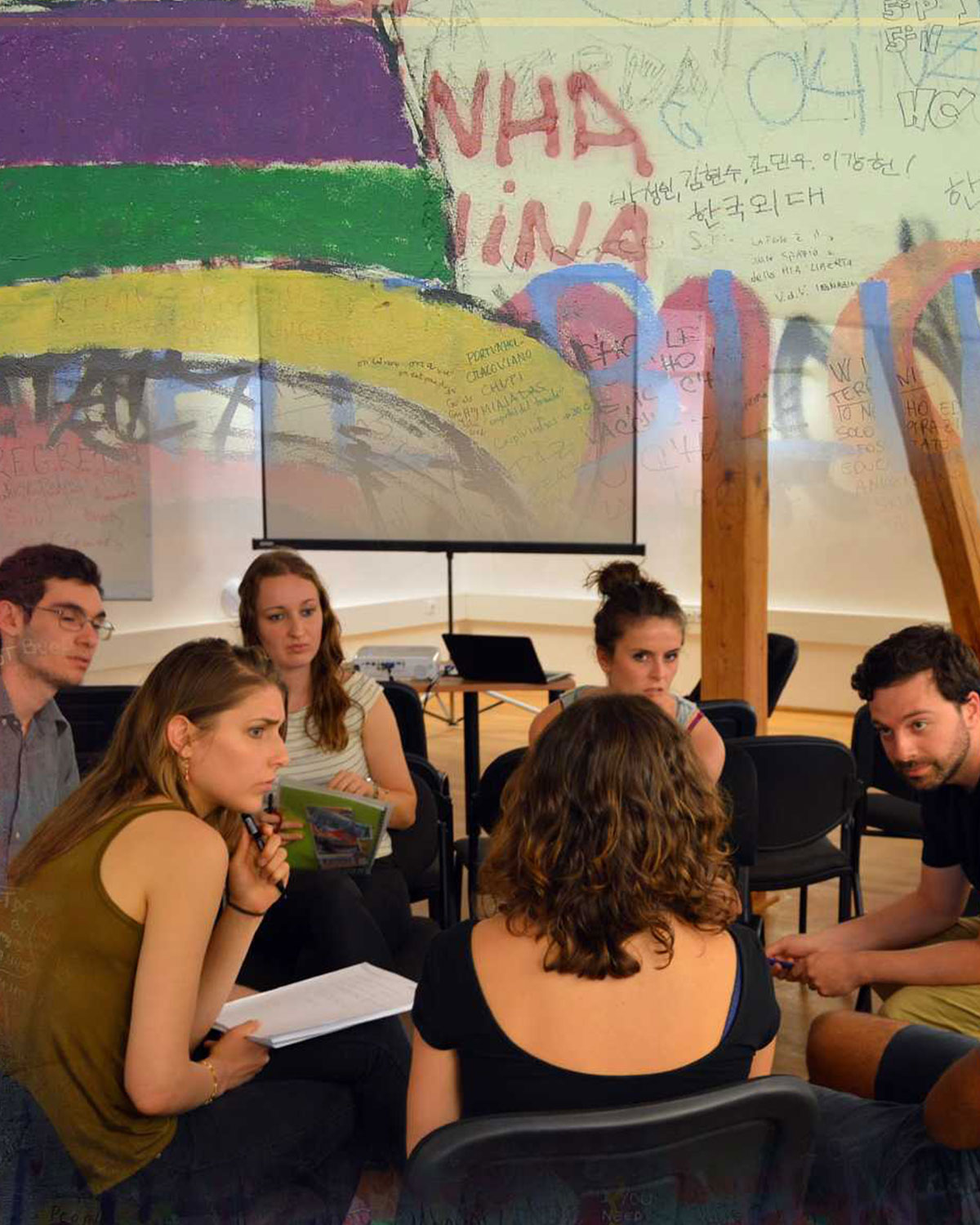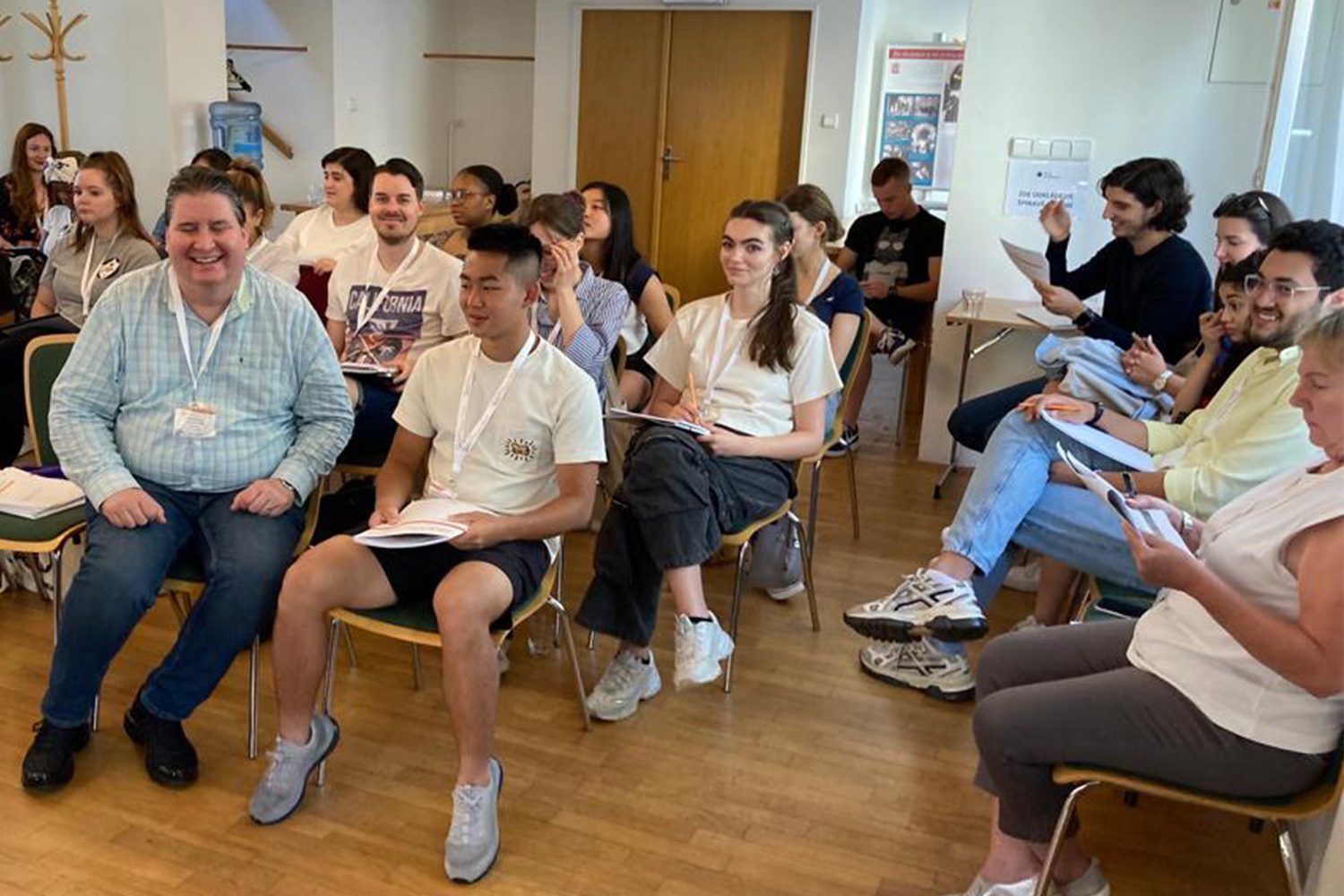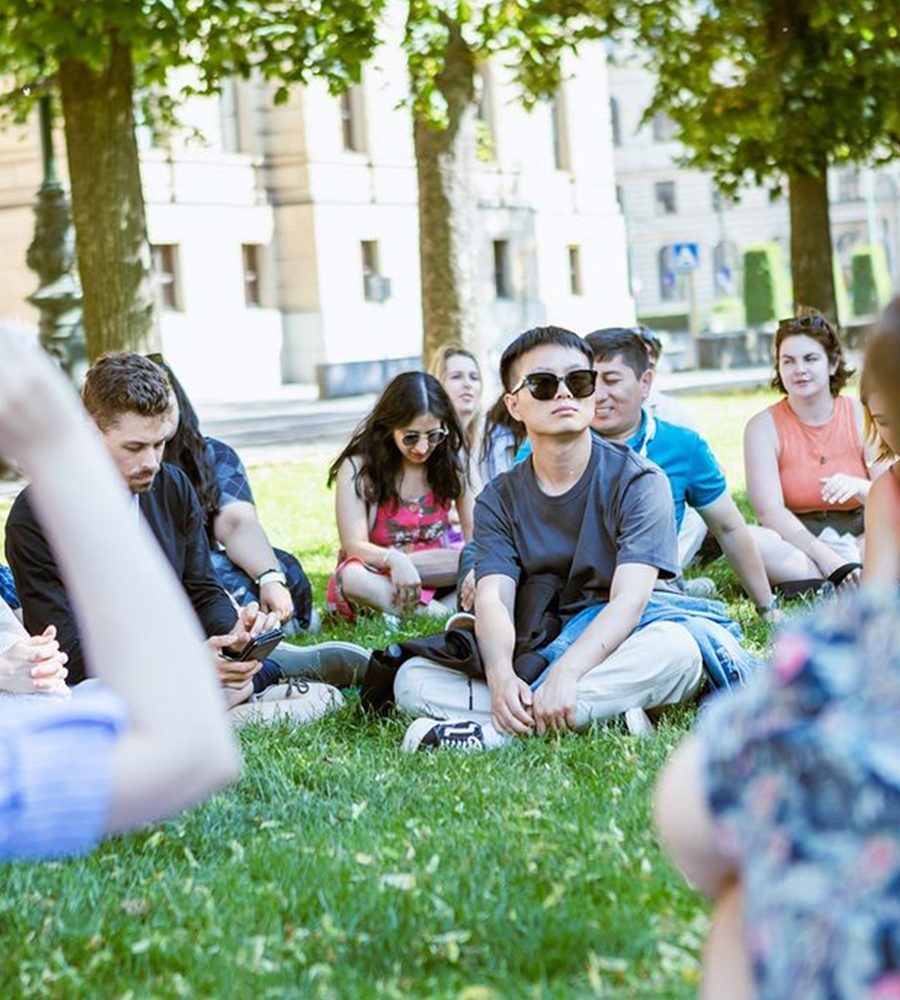
June 29th - July 6th, 2024
Development, Sustainability and Globalization
Through teamwork and debates, international students, experts, and researchers will be given real-world case studies to analyze the intersectionality of economic, social and environmental factors/topics related to development. Students will be given the experience to gain both theoretical knowledge and also the ability to apply knowledge in real-world cases.
About Program
Our program will provide international students with a deeper understanding of different facets of development and related challenges by addressing the political, socio-economic, technological and environmental aspects related to development cooperation. Through debates and teamwork with other students, international experts and researchers, and by looking in detail into selected real-world case studies you will gain both the theoretical knowledge necessary to understand economic, social and environmental challenges related to development, and acquire the ability to apply that knowledge in real-world settings.
The program aim is to enrich the discussion on most relevant aspects of continued globalization and the challenges arising for global development. We invite students of different backgrounds, who are eager to discover international topics and challenges, and actively participate in the program.
Topics:
- food production and consumption in both developed and developing countries
- environmental change and environmental impacts of development or existing institutional arrangements
- globalization
- migration, and the complex inter-relationships between migration, development, environmental change, and conflict
- sustainable development, human livelihoods, societal cohesion, good governance and functioning institutions
- human rights protection, and humanitarian assistance.
*Please be aware that the course content is subject to possible revisions. While we have outlined the current topics and modules, there may be adjustments or updates throughout the duration of the course to ensure that we provide you with the most relevant and up-to-date information.
The program is based on a broad intellectual framework. We strongly believe that the multidisciplinary approach of the summer school is the key to better understanding the underlying drivers as well as impacts by addressing the full set of political, economic, technological and environmental aspects connected to development cooperation, that we can conceptualize a successful way forward.
We will look into the frictions between globalization, development and sustainability created by international trade, multilateral system of global rules, and business and NGO activities in developing countries
Through case studies, participants will understand how development and sustainability function in a real-world context and how different concepts actually work in practice. This objective will be achieved by using real-life situations and looking into various aspects of development moving towards creating social development and businesses that are sustainable both financially and environmentally.
Global Environmental Challenges. (A Model of the Environment, Biodiversity, Water, Climate Change, Ozone Layer Depletion, Desertification, Deforestation, Natural Resources and Energy Resources, Environmental Security).
Sustainable Development, Sustainable Retreat, or Collapse and Regeneration? (Three Scenarios for Development, Contours of Regeneration, From Regeneration to Transformation).
Responsible Consumption and Food Waste (Consumption patterns and trends, Food waste, Planetary boundaries, Impacts on food security).
Legal requirements for reporting on sustainability today and tomorrow (reporting requirements, GRI, G4).
Why do companies care about sustainability? Business losses and benefits
The history and future of global climate governance
Case Study 1: Eco-tourism – a human-gorilla dichotomy? Mgahinga Gorilla National Park, Uganda
A political ecology analysis of the impact of ecotourism on gorilla conservation and local development in the case study of Mgahinga Gorilla National Park in Uganda.
Case Study 2 Matibabu Foundation, Kibera and Siaya County, Kenya
In 2004, on the realization that the root cause of the Kibera slums’ degrading situation was due to poverty and the endless influx of people from the rural areas (especially western Kenya) in search of employment in Nairobi. He decided to address this challenge by registering Matibabu Foundation, a health NGO that creates a healthy, productive and prosperous society in a marginalized and hard-to-reach rural population in Siaya County, western Kenya. Matibabu stands in Swahili for health and/or treatment. To date, The Matibabu Foundation has created jobs to 55 staff, provided health services to over 60,000 people in Siaya County, initiated Prevention with positives (PwP) and Psychosocial Support Center (PSC) to reduce stigma and to support the HIV victims. The Matibabu Foundation has also entered into a partnership with the International Organization of Migrants (IOM) to provide health services to minority migrant populations in Eastleigh, Nairobi. www.matibabukenya.org
CNN movie about Matibabu Foundation – Youtube
Case study 3: Maendeleo, Agricultural Microcredits / Agricultural Assistance, Tanzania
Maendeleo was founded by teachers and students from Palacky University, Czech Republic, in 2011. The NGO provides microcredits to farmer groups in villages in the Utengule/Usangu area. Today they run four complex projects including training and farming support. As Maendeleo was founded by research and students they are trying to ensure rigorous assessment of their activities.
Day 1
- 12.00 – 18.00 Registration
- 19.00 – 19.30 Orientation / Ice Breaking Session
- 20.00 Welcome Dinner
Day 2
- 09.30 – 10.00 Introduction
- 10.00 – 11.15 Lecture 1
- 11.15 – 11.30 Coffee Break
- 11.30 – 12.45 Lecture 2
- 13.00 Lunch
- 15.00 Tours of Prague
Day 3
- 09.30 – 10.45 Lecture 3
- 10.45 – 11.00 Coffee Break
- 11.00 – 12.15 Lecture 4
- 12.15 Lunch
- 16.00 Pragulic Tour
Day 4
- 09.30 – 10.45 Lecture 5
- 10.45 – 11.00 Coffee Break
- 11.00 – 12.15 Lecture 6
- 12.15 Lunch
- 14.00 – 15.15 Lecture 7
- 15.15 – 15.30 Coffee Break
- 15.30 – 16.45 Lecture 8
- 19.00 Happy Hour
Day 5
- 10.00 Free Day (Choose from 4 whole-day trips)
- 19.00 Dinner
- 21.00 Boat Tour
Day 6
- 09.30 – 10.45 Lecture 9
- 10.45 – 11.00 Coffee Break
- 11.00 – 12.15 Lecture 10
- 12.15 Lunch
- 14.00 – 15.15 Leccture 11
- 15.15 – 15.30 Coffee Break
- 15.30 – 16.45 Lecture 12
- 17.00 Guest Lecture
Day 7
- 09.30 – 10.45 Lecture 13
- 10.45 – 11.00 Coffee Break
- 11.00 – 12.15 Lecture 14
- 12.15 Free Time
- 18.00 FAREWELL PARTY
Day 8
- Departure
- Earlybird application deadline – February 10th
- Final Application deadline – May 1st
- All students will be informed about the admission decision by May 31st
- If accepted, program fee must be paid within 14 days after receiving acceptance letter
- Day 1 (29. 6. 2024) Registration day (12 p.m. – 6 p.m.)
- Day 7 (5. 7. 2024) End of program and Farewell party
- Day 8 (6. 7. 2024) – Departure
🎯 Objectives
The program is based on a broad intellectual framework. We strongly believe that the multidisciplinary approach of the summer school is the key to better understanding the underlying drivers as well as impacts by addressing the full set of political, economic, technological and environmental aspects connected to development cooperation, that we can conceptualize a successful way forward.
We will look into the frictions between globalization, development and sustainability created by international trade, multilateral system of global rules, and business and NGO activities in developing countries
Through case studies, participants will understand how development and sustainability function in a real-world context and how different concepts actually work in practice. This objective will be achieved by using real-life situations and looking into various aspects of development moving towards creating social development and businesses that are sustainable both financially and environmentally.
🗒 Program Outline
- Global Environmental Challenges. (A Model of the Environment, Biodiversity, Water, Climate Change, Ozone Layer Depletion, Desertification, Deforestation, Natural Resources and Energy Resources, Environmental Security).
- Sustainable Development, Sustainable Retreat, or Collapse and Regeneration? (Three Scenarios for Development, Contours of Regeneration, From Regeneration to Transformation).
- Responsible Consumption and Food Waste (Consumption patterns and trends, Food waste, Planetary boundaries, Impacts on food security).
- Legal requirements for reporting on sustainability today and tomorrow (reporting requirements, GRI, G4).
- Why do companies care about sustainability? Business losses and benefits
- The history and future of global climate governance
Case Study 1: Eco-tourism – a human-gorilla dichotomy? Mgahinga Gorilla National Park, Uganda
A political ecology analysis of the impact of ecotourism on gorilla conservation and local development in the case study of Mgahinga Gorilla National Park in Uganda.
Case Study 2: Matibabu Foundation, Kibera and Siaya County, Kenya
In 2004, on the realization that the root cause of the Kibera slums’ degrading situation was due to poverty and the endless influx of people from the rural areas (especially western Kenya) in search of employment in Nairobi. He decided to address this challenge by registering Matibabu Foundation, a health NGO that creates a healthy, productive and prosperous society in a marginalized and hard-to-reach rural population in Siaya County, western Kenya. Matibabu stands in Swahili for health and/or treatment. To date, The Matibabu Foundation has created jobs to 55 staff, provided health services to over 60,000 people in Siaya County, initiated Prevention with positives (PwP) and Psychosocial Support Center (PSC) to reduce stigma and to support the HIV victims. The Matibabu Foundation has also entered into a partnership with the International Organization of Migrants (IOM) to provide health services to minority migrant populations in Eastleigh, Nairobi. www.matibabukenya.org
CNN movie about Matibabu Foundation – Youtube
Case study 3: Maendeleo, Agricultural Microcredits / Agricultural Assistance, Tanzania
Maendeleo was founded by teachers and students from Palacky University, Czech Republic, in 2011. The NGO provides microcredits to farmer groups in villages in the Utengule/Usangu area. Today they run four complex projects including training and farming support. As Maendeleo was founded by research and students they are trying to ensure rigorous assessment of their activities.
🕒 Schedule
Day 1
- 12.00 – 18.00 Registration
- 19.00 – 19.30 Orientation / Ice Breaking Session
- 20.00 Welcome Dinner
Day 2
- 09.30 – 10.00 Introduction
- 10.00 – 11.15 Lecture 1
- 11.15 – 11.30 Coffee Break
- 11.30 – 12.45 Lecture 2
- 13.00 Lunch
- 15.00 Tours of Prague
Day 3
- 09.30 – 10.45 Lecture 3
- 10.45 – 11.00 Coffee Break
- 11.00 – 12.15 Lecture 4
- 12.15 Lunch
- 16.00 Pragulic Tour
Day 4
- 09.30 – 10.45 Lecture 5
- 10.45 – 11.00 Coffee Break
- 11.00 – 12.15 Lecture 6
- 12.15 Lunch
- 14.00 – 15.15 Lecture 7
- 15.15 – 15.30 Coffee Break
- 15.30 – 16.45 Lecture 8
- 19.00 Happy Hour
Day 5
- 10.00 Free Day (Choose from 4 whole-day trips)
- 19.00 Dinner
- 21.00 Boat Tour
Day 6
- 09.30 – 10.45 Lecture 9
- 10.45 – 11.00 Coffee Break
- 11.00 – 12.15 Lecture 10
- 12.15 Lunch
- 14.00 – 15.15 Leccture 11
- 15.15 – 15.30 Coffee Break
- 15.30 – 16.45 Lecture 12
- 17.00 Guest Lecture
Day 7
- 09.30 – 10.45 Lecture 13
- 10.45 – 11.00 Coffee Break
- 11.00 – 12.15 Lecture 14
- 12.15 Free Time
- 18.00 FAREWELL PARTY
Day 8
- Departure
📅 Important dates
- Earlybird application deadline – February 10th
- Final Application deadline – May 1st
- All students will be informed about the admission decision by May 31st
- If accepted, program fee must be paid within 14 days after receiving acceptance letter
- Day 1 (29. 6. 2024) Registration day (12 p.m. – 6 p.m.)
- Day 7 (5. 7. 2024) End of program and Farewell party
- Day 8 (6. 7. 2024) – Departure
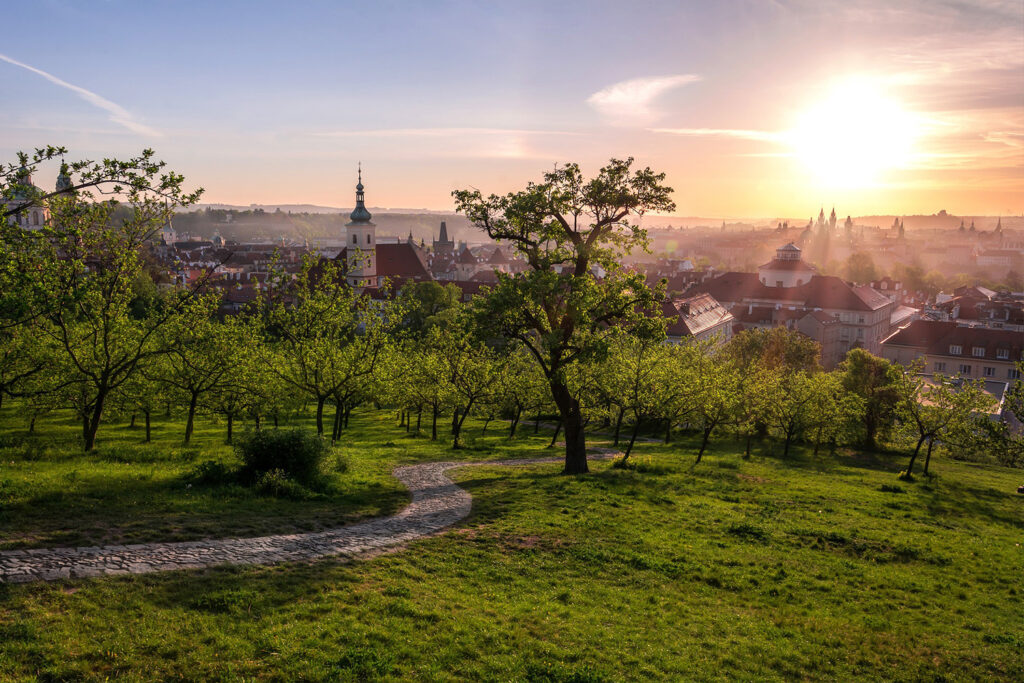
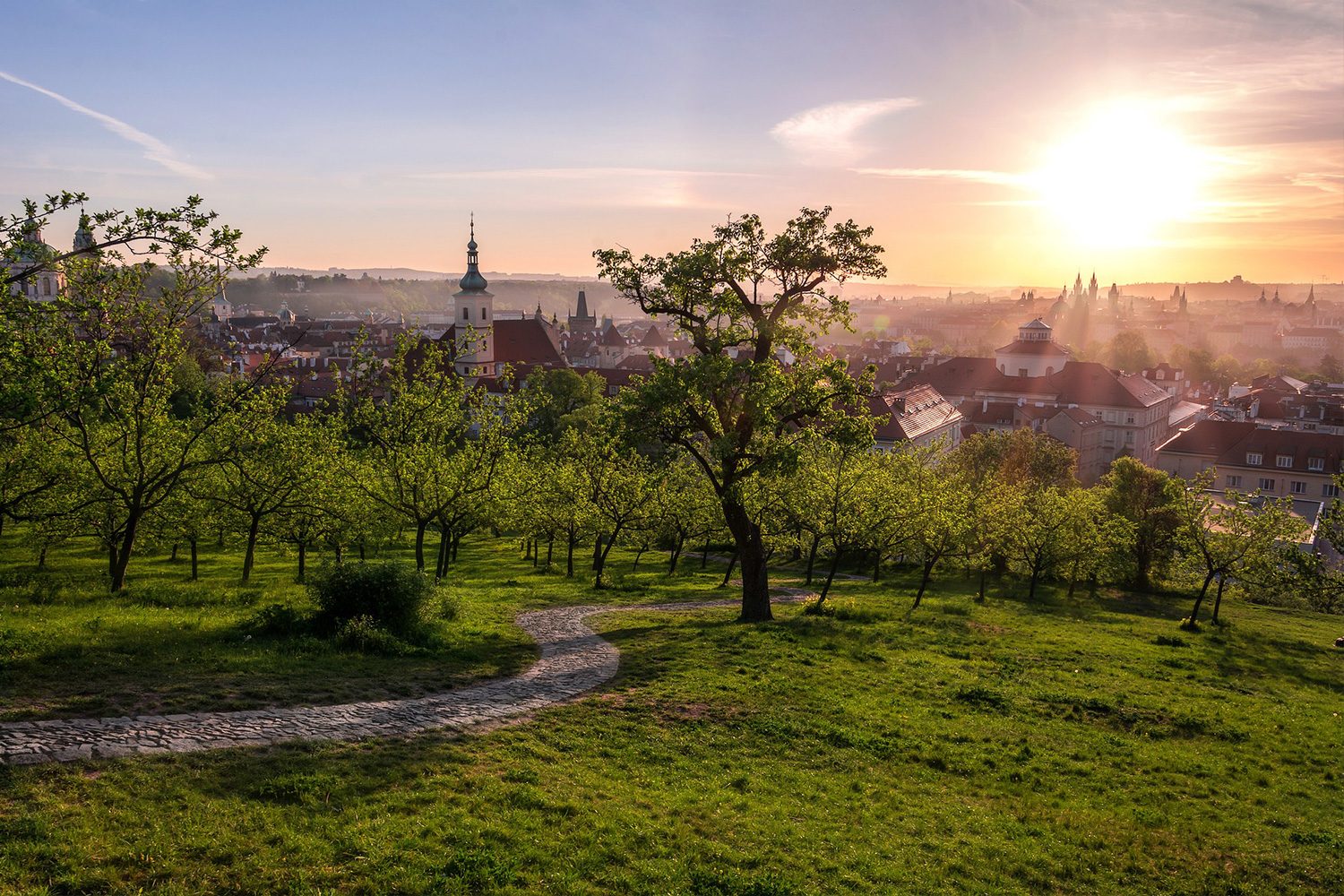

IMPROVE
Academic Foundations
EXPAND
Your Horizons
EXPERIENCE
Academic Study and Fun
Summer School on Development, Sustainability and Globalization
Enhance Your Learning Experience With These Lecturers
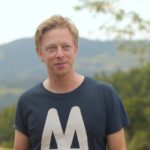
Killian Stokes M.A.
See Killian's BIO
Killian Stokes is an award winning social entrepreneur with 20+ years experience in fundraising, business development and communications within the tech and not for profit worlds. He has worked across Europe, America, Africa and Asia for a broad range of organisations – from tech start ups to international aid agencies – and has networked and engaged globally at senior management, founder and CEO level.
Killian has a passion, energy and curiosity for harnessing the power of business and innovation to end global poverty and tackle climate change.
Killian lectures part time on Business and Development at the Quinn School of Business in UCD.
Killian holds a Bachelors in business and economics from Trinity College Dublin and a Masters in International Relations from Dublin City University. Killian is the cofounder of MyGoodPoints.org (2009) and MoyeeCoffeeIreland (2016) and currently lectures on Business and Global Development at the Quinn School of Business at University College Dublin.
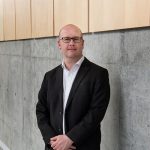
Prof. Martin Geiger
See Martin's BIO
Martin Geiger is Associate Professor of Politics of Migration and Mobility in the Faculty of Public Affairs at Carleton University, Honorary Corresponding Member of the Institute for Migration Research and Intercultural Studies at University of Osnabrueck (Germany), and Senior Research Fellow at the Center for China and Globalization (CCG), Beijing (China). He specializes in interdisciplinary migration studies with a focus on the links of international migration with development, climate change, human rights, security and global order. Currently, Martin Geiger leads several projects on global talent mobility for innovation and development, while he focuses in other projects on the involvement of international organizations and other non-state actors in global migration governance. Dr. Geiger has published widely on different issues related to migration governance. He participated already twice as a speaker and moderator to the Paris Peace Forum. Furthermore, Martin Geiger is an enthusiastic and dedicated educator and trainer of students, new research talents and civil society practitioners, currently leading a team of 15+ emerging/young researchers on migration.
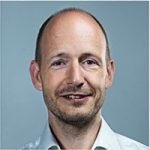
Mgr. Jakub Lepš, M.A.
See Jakub's BIO
Jakub Lepš is a Fulbright researcher with degrees in economics, American studies and political science, Jakub’s primary focus is on Sino-American relations. In recent years he has taught a course on Chinese-American relations at Charles University and courses on Modern China & Globalization at UNYP-Empire State College. He has written several academic articles as well as book chapters dealing with Asia and U.S. foreign policy and can be frequently heard on the radio & TV, commenting on various foreign policy issues. He also works as editorial director of the leading online media monitoring company EIN News.
